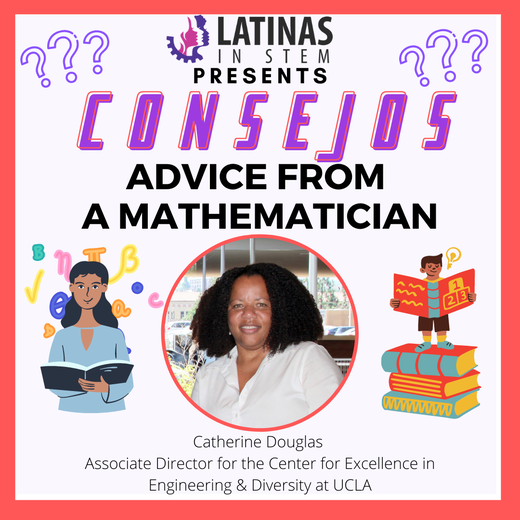Answered by: Catherine Douglas
The best activities for young children are hands on activities which allow them to use math. These activities allow them to make the connection to math and the real world. Games are also helpful. Children like games. Make up math based games and challenges. It is important to start simple and build on what they know. A good website is Adapted Mind: https://www.adaptedmind.com/
Anonymous asks: What suggestions do you have for teachers that want to get students excited about mathematics?
Hands-on projects and competitions. Teach students to work together in groups. Have them explain concepts they understand to the rest of the class or other students who may be struggling. Incorporate activities that address all students' learning styles. Have them do activities which indirectly incorporate math - art projects, games etc.
Anonymous asks: What do you find most interesting about Math? It seems really confusing and hard to me.
I love the challenge of Math and showing students it is not as hard as they think. Math to me is like a puzzle - you need all the pieces to solve a problem. Math is also a language! If you are not familiar with the words, the symbols of math, how can you understand math?
Kevin, 17 asks: How does one study effectively?
To study effectively, it is important to understand how you learn. Are you a visual learner, auditory learner and kinesthetic learner. All methods of studying do not work for all people. Some people can stay for hours studying or some people need to do it in short bursts over many days. However, if you really want to learn and understand class material it is important to build on your familiarity with the concept. That means taking the time think about the concept and explaining to yourself your understanding of the concept, taking notes, reviewing our notes immediately after class, obtaining clarification for the things you don't understand through asking questions or doing your own research to find the answer, practice working out problems/ watching video explanations, setting up specific time in your day dedicated to studying. Doing all these things helps to exercise your brain and build your knowledge.
Learning Assessment; http://www.educationplanner.org/students/self-assessments/index.shtml
Sal, 25 asks: Hi Cathy!!! What led to your decision to pivot from a career in STEM to a career in outreach? And what advice would you share for someone who would consider doing something similar down the line in their career?
I wanted to impact students at an earlier age, allow them to believe that they can be good at math and hopefully they would pursue college majors in math based fields. I also wanted the opportunity to develop programming to address students' access to resources to develop skills which will allow them to excel in STEM based majors.
If you are interested in doing something similar, I would suggest tutoring privately, volunteering for outreach programs, partnering with outreach programs to plan and host outreach events. This allows you to learn what students are struggling with directly from students and gives you insight into how to address the needs of students.
Jocelyn, 19 asks: What advice would you give to an aspiring women of color mathematician?
Always look for opportunities to further develop your knowledge, teach/tutor math ( it helps you to better develop your understanding of math and how to teach it to others). I do puzzles and brain teasers to develop problem solving and critical thinking skills. Practice, Practice, Practice.! In my math classes, I would do questions beyond the assigned homework to practice. I would work through all the examples in the chapter presented in class, to understand what was being done and why when solving the problem. I find that students tend to overlook worked examples. Don't be afraid to fail/make mistakes it is the only way you gain understanding and learn!


 RSS Feed
RSS Feed

